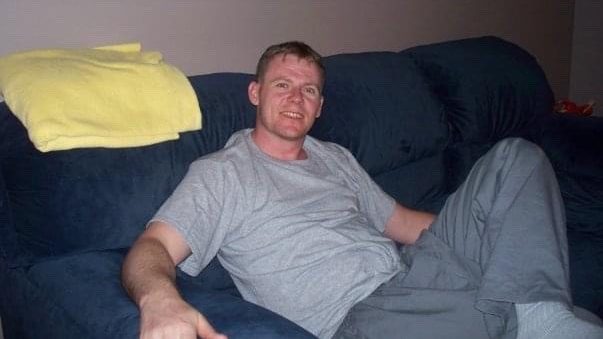Occupy Canada protesters say much already accomplished but much still to do
Posted October 24, 2011 6:47 am.
This article is more than 5 years old.
Who exactly is listening to them remains an open question but as they head into their second week, Occupy Canada protesters across the country insist they have accomplished much even though scarce little appears to have changed.
As their makeshift protest camps organize and grow, participants say they feel energized in their quest to figure out exactly what they want and how they might get it.
“Something has started and nobody wants to give up,” said Lambert Guimond, a 47-year-old writer who has camped out in Montreal for the past week.
“For the first time in history, we have that link now that unites us from one city and country to the other, and makes that voice even louder.”
What began as a few dozen tents in a public square surrounded by skyscrapers in Montreal’s financial district has expanded to several nearby patches of land, filling nearly all the available space with tents, tarps, and hammocks.
Protesters have set up a miniature village with power generators, Internet access, a kitchen crew that prepares hot meals twice a day, a small library, portable toilets, and a media station.
“We’re thinking of Christmas lights already, and then it’s going to be the summer again,” Guimond said.
The situation is similar in Toronto, where Occupy protesters have turned a downtown park a few blocks east of Bay Street into a vibrant mini-village.
Mischa Saunders, 20, of Toronto, has spent almost all his time at the camp since it was struck Oct. 15 as part of a national day of protest.
“What we’ve accomplished is to begin the conversation of how we’re going to interact as a society,” Saunders said.
Inspired by the Occupy Wall Street movement in the United States, the Canadian protesters have espoused a myriad social causes.
At root is a firm belief that the gulf between rich and poor is growing, that governments serve corporate elites, not the “99 per cent” of the people.
Critics and skeptics have been quick to point out the lack of coherent demands that can be contradictory.
Outside the Vancouver Art Gallery, where tents dot almost every centimetre of dirt or bark mulch, Adam Morgan, 32, conceded critics have a point.
“We should have concrete demands,” Morgan said. “Only then there could be a substantial change.”
But William Waterhouse, 44, said participants have managed to come together with no rules, and form a cohesive community working toward shared goals.
“The first week is about structure and policy, not what stance or statement we should make,” Waterhouse said at the Vancouver site.
Josh West, 21, a general arts student from St. Catharines, Ont., called Toronto’s St. James park a “think-tank.”
Occupants have just started to flesh out problems they want addressed and are not yet in a position to offer definitive solutions.
Still, despite his admiration for how the park is functioning, West has doubts about whether politicians and power-brokers are paying attention.
“I don’t think they have a choice but to hear us,” West said.
“Whether they’re going to listen and acknowledge and actually change, I personally doubt it.”
So far, politicians such as Prime Minister Stephen Harper have offered little more than a nod to the movement, though Bank of Canada Gov. Mark Carney called the protests constructive.
Occupy Wall Street began a month ago in New York and has grown to tens of thousands around the U.S. and the world.
In Chicago early Sunday, police arrested about 130 people, who stood their ground in a downtown park in noisy but peaceful defiance of police orders to leave.
So far, the Canadian protests have been peaceful, with authorities content to keep a watchful eye.
“When it is determined that we no longer have a peaceful protest, but rather an occupation of the park, we will consider options to remove the individuals,” said Adrienne Batra, spokeswoman for Toronto Mayor Rob Ford.
In Edmonton, however, Melcor Development Corp., gave Occupy Edmonton protesters until Sunday at 11:00 p.m. to leave a park next to the financial district.
In response, protesters started a petition, and said they would resist the eviction.
“Part of the occupy movement is about not letting corporations decide our lives for us,” said Chelsea Taylor with Occupy Edmonton.
“We have decided that we will leave on our own terms, not when we are told by a development company to do so.”










